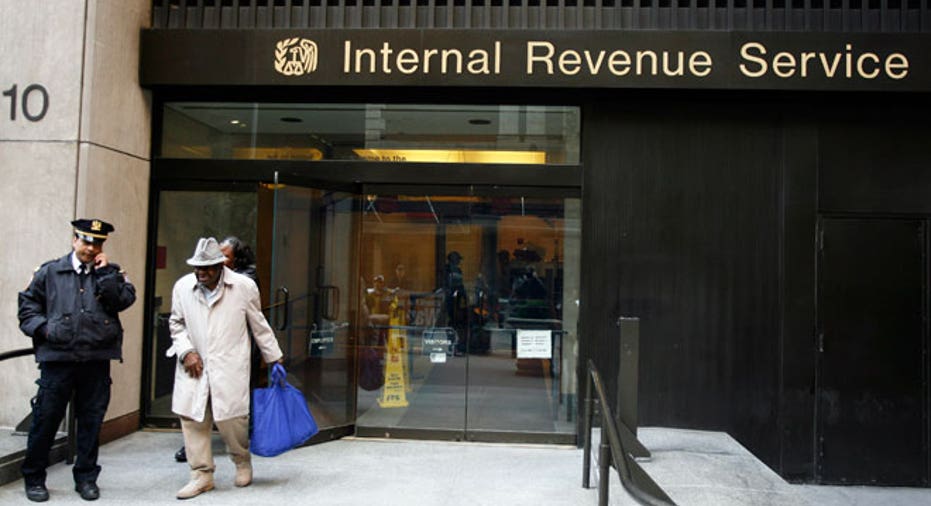Foreign Bank Accounts and the IRS

With the advent of modern technology, the world has become a smaller place. All it takes is one click to order goods and services from foreign countries or to make investments and hold accounts abroad.
Unfortunately, many Americans have been under the misconception that income earned on foreign soil is not taxable here at home, especially if taxes are paid in the foreign country.
Not true.
American taxpayers are taxed on worldwide income. There are tax laws, however, that prevent double taxation and give breaks to those who go abroad to earn that income. The foreign earned income exclusion applies if you are a U.S. citizen or a resident alien of the United States and you live abroad. You may qualify to exclude from income up to an amount of your foreign earnings that is adjusted annually for inflation. For 2013, you may exclude up to $97,600. In addition, you can exclude or deduct certain foreign housing amounts.
The income you earn may be passive income (e.g. dividends and interest) rather than earned income (e.g. from a job). There is no exclusion for earnings from passive income.
Perhaps you have money invested locally in a mutual funds account which invests in foreign commodities. Dividends, interest, capital gains or other income from these foreign investments is taxable here at home. It may also be taxable in the country in which it is invested. If that is the case, you will pay taxes in that country through the investment account and enjoy a foreign tax credit on your income tax return. You will note an amount listed for the foreign tax credit on the Form 1099 issued by your broker at year end. You take this credit against your U.S. Income tax liability on Line 47 of Form 1040. You may also be required to attach Form 1116.
During the past several years, the IRS has become aware of a significant amount of income generated by foreign bank accounts that has gone unreported and untaxed. The agency has taken steps to eliminate this problem, meaning the days of the numbered Swiss Bank Account are gone.
You are likely aware that if you have a foreign financial account, including a bank account, brokerage account, mutual fund, trust or other type of foreign financial account with $10,000 USD or more in the account at any time during the year, you must complete an annual FBAR report FinCen 114, and file it with the IRS by July 31 of each year. There are severe penalties if you do not come forward and file this report.
This year the IRS has been concentrating on securing cooperation from foreign entities to withhold and report to the IRS the earnings on foreign accounts held by American citizens. In March, the agency finalized regulations “regarding withholding of tax on certain U.S. source income paid to foreign persons, information reporting and backup withholding with respect to payments made to certain U.S. persons, portfolio interest paid to nonresident alien individuals and foreign corporations, and the associated requirements governing collection, refunds, and credits of withheld amounts under these rules.”
This is known as the Foreign Account Tax Compliance Act (FATCA). The main idea is to gain compliance from all taxpayers to report taxes owed on foreign earnings and to require foreign entities to withhold and remit taxes to the IRS when certain thresholds are met and to otherwise report earnings to the IRS.
These entities are securing Global Intermediary Identification Numbers (GIIN) through the IRS for this purpose.
To avoid problems with the IRS, make sure that you are in compliance with these fairly new laws.



















